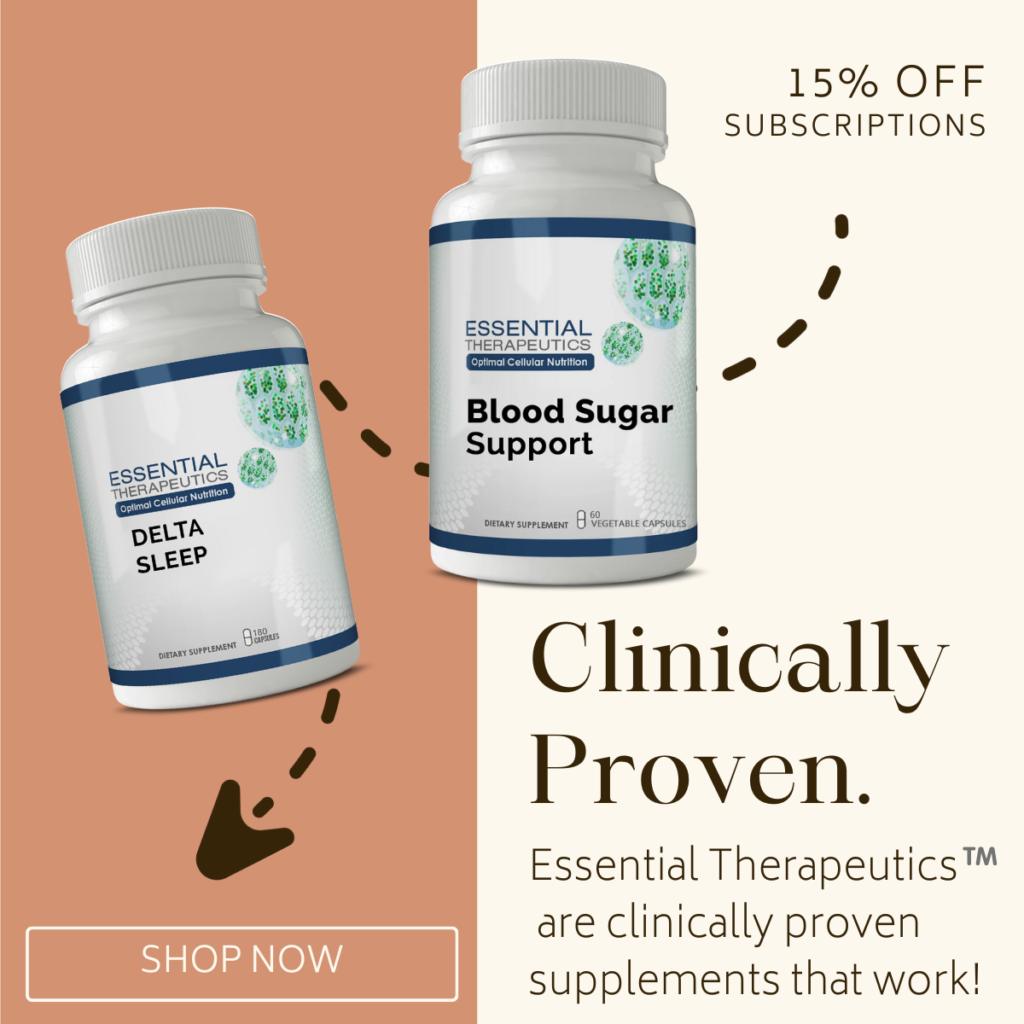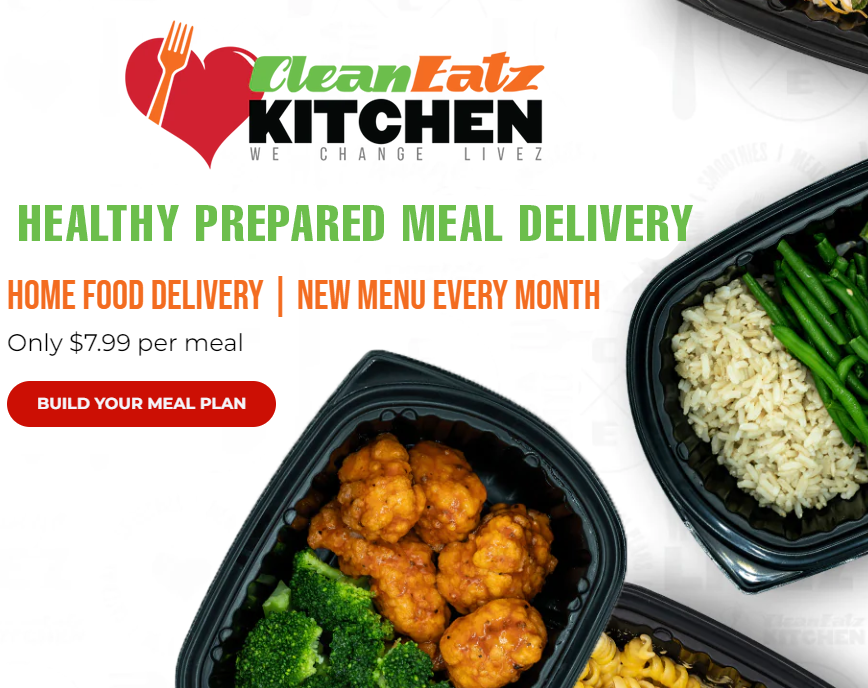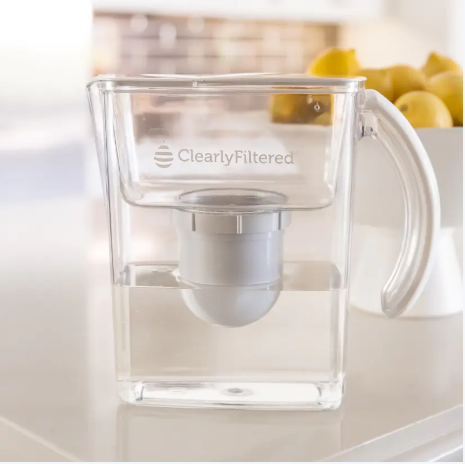Pregnant? Avoid Diet Sodas!
 A recent Danish study reaffirms the need for alternatives to artificial sweeteners such as stevia, as the American Journal of Clinical Nutrition reported pregnant women who drink large amounts of artificially sweetened soft drinks have a higher chance of pre term delivery.
A recent Danish study reaffirms the need for alternatives to artificial sweeteners such as stevia, as the American Journal of Clinical Nutrition reported pregnant women who drink large amounts of artificially sweetened soft drinks have a higher chance of pre term delivery.
Danish researchers analyzed nearly 60,000 pregnant women who participated in the Danish National Birth Cohort from 1996 to 2002. Pregnant women who drank at least one serving of diet soda a day were 38 percent more likely to deliver pre term; pregnant women who had at least four diet sodas a day were 80 percent more likely to deliver early.
Here’s Another Reason Not To Smoke
 Findings from a study, which appear in the Annals of the Rheumatic Diseases, suggest that smoking accounts for more than a third of cases of the most common form of RA and for more than 50% of RA diagnoses among people who are genetically susceptible to the development of this disease.
Findings from a study, which appear in the Annals of the Rheumatic Diseases, suggest that smoking accounts for more than a third of cases of the most common form of RA and for more than 50% of RA diagnoses among people who are genetically susceptible to the development of this disease.
RA is an autoimmune disease that occurs when the body’s immune system engages in friendly fire against the joints and bones, resulting in inflammation, pain, and mobility problems as the disease progresses. The effects of smoking are not as pronounced on RA risk as they are on lung cancer risk.
Studies show that smoking is responsible for about 90% of lung cancer cases, but smoking’s effect on RA is similar to its effect on heart disease risk. According to the new study, RA risk is related to how much a person smokes, how long a person smokes, and the presence of certain antibodies in the blood that are associated with RA, namely ACPA antibodies.
“The study adds an estimate on how important smoking is in the occurrence of RA,” says study author Henrik Källberg of the Institute of Environmental Medicine at Karolinska Institute in Stockholm, Sweden-“We believe that smoking is a causative risk factor which probably works as a spark that starts the autoimmunity fire.”
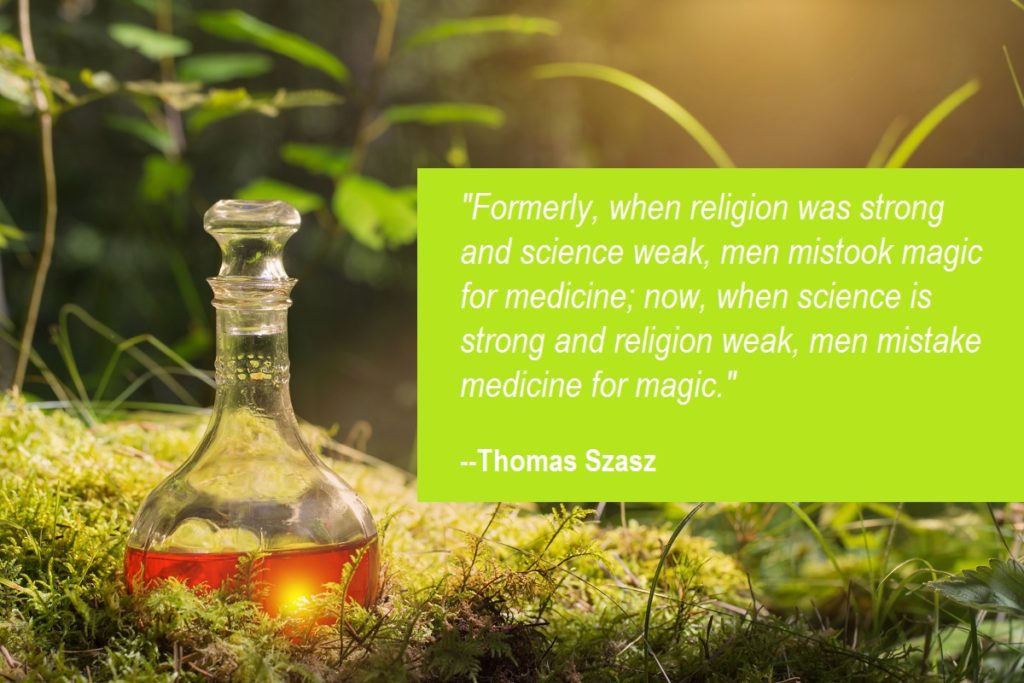
Fact: There’s only one letter that doesn’t appear in any U.S. state name!
Can you guess the answer to this random fact? You’ll find a Z (Arizona), a J (New Jersey), and even two X’s (New Mexico and Texas)—but not a single ____ can you guess it?
Americans Are Lacking in These Seven Key Nutrients
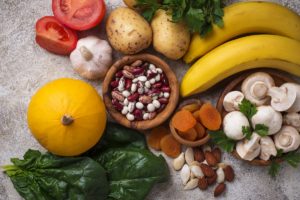 The USDA says American adults don’t get enough of seven essential nutrients. Potassium is a key one. Studies show that potassium can help keep blood pressure healthy. Potassium also supports fertility and muscle and nerve function. But while potassium is in lots of foods naturally — like potatoes, sweet potatoes, and bananas — many Americans still aren’t getting enough.
The USDA says American adults don’t get enough of seven essential nutrients. Potassium is a key one. Studies show that potassium can help keep blood pressure healthy. Potassium also supports fertility and muscle and nerve function. But while potassium is in lots of foods naturally — like potatoes, sweet potatoes, and bananas — many Americans still aren’t getting enough.
Magnesium: Prevent Disease
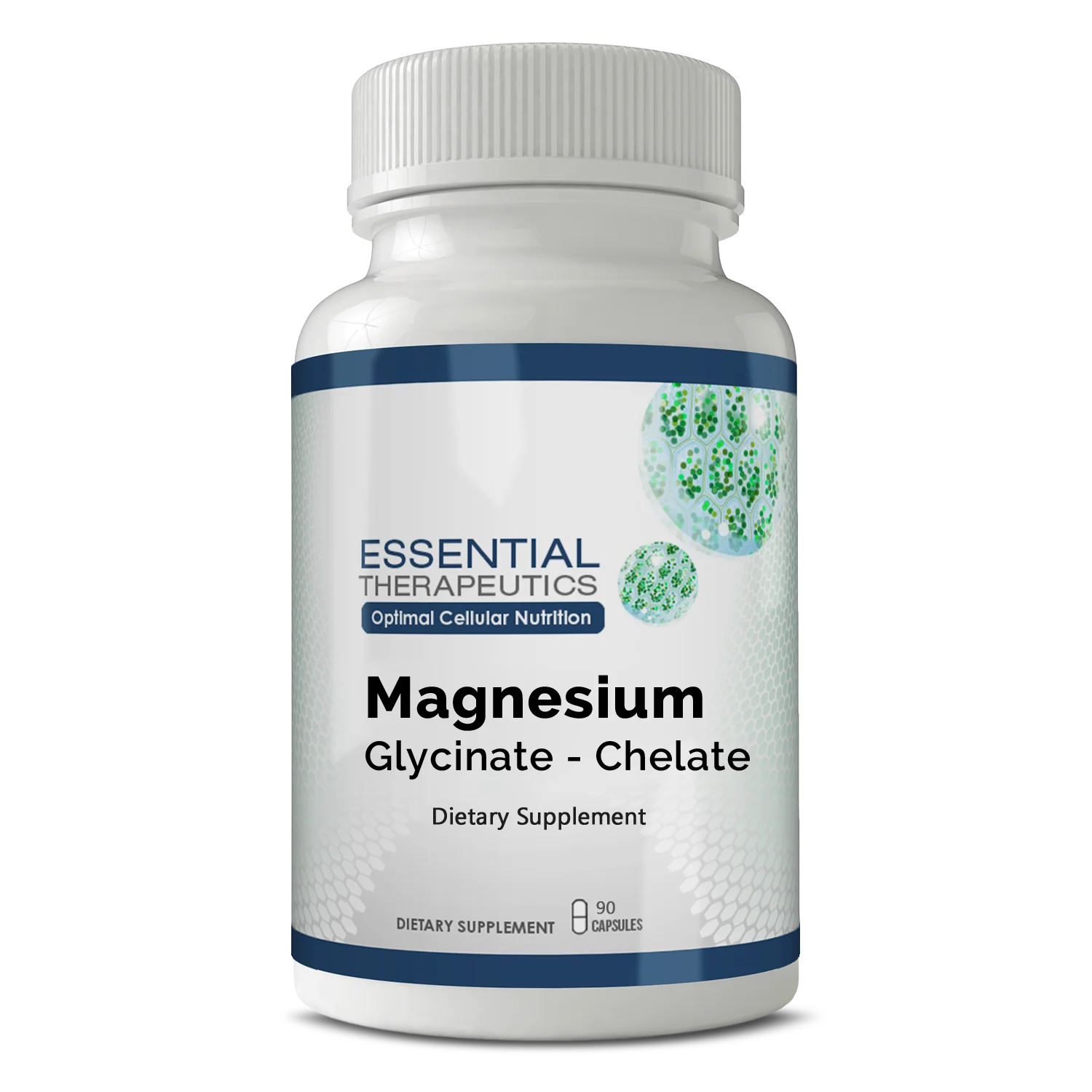 Low magnesium levels have been linked with lots of health problems, such as osteoporosis, high blood pressure, diabetes, muscle spasms, restless leg syndrome, fatigue, anxiety, depression, MVP, IBS, and heart disease. So eat your spinach — and your beans, peas, and nuts. Magnesium is in 300 bodily processes and crucial for good health. Magnesium is the anti-stress mineral. Anytime you you’re under stress (and who isn’t) you deplete magnesium. I recommend using magnesium glycinate, chelate, or citrate. These forms of magnesium are readily absorbed and easy on the stomach.
Low magnesium levels have been linked with lots of health problems, such as osteoporosis, high blood pressure, diabetes, muscle spasms, restless leg syndrome, fatigue, anxiety, depression, MVP, IBS, and heart disease. So eat your spinach — and your beans, peas, and nuts. Magnesium is in 300 bodily processes and crucial for good health. Magnesium is the anti-stress mineral. Anytime you you’re under stress (and who isn’t) you deplete magnesium. I recommend using magnesium glycinate, chelate, or citrate. These forms of magnesium are readily absorbed and easy on the stomach.
Save 15% on Magnesium use this code: NL47SALE
You can learn more about magnesium through this past blog article https://yourfibrodoctor.com/2019/03/the-importance-of-magnesium/
 Vitamin A: Up Your Beta-Carotene
Vitamin A: Up Your Beta-Carotene
There are two types of vitamin A: retinol and carotenoids, like beta-carotene. It’s the latter — found in foods like sweet potatoes, carrots, spinach, winter squash, and many fortified cereals — that we’re missing. It can be a problem: Vitamin A is key in supporting good vision, healthy immunity, and tissue growth.
Vitamin E: Healthy Fat Benefits
Vitamin E is an antioxidant that’s important for immunity, healthy skin, and good vision. It tends to show up in foods with higher levels of fat like almonds, hazelnuts, sunflower seeds, and oils such as safflower and sunflower oil. Peanut butter, to a lesser extent, also has vitamin E. People who cut down on fat for health reasons should be sure to get enough of these healthy fats.
Calcium: More Than Strong Bones
You probably know that calcium is good for bones. But that’s not all. Calcium helps maintain muscle function and heart rhythm. It might even help prevent high blood pressure. Dairy is a good source, but foods like salmon and tofu are, too. One tip: Without enough vitamin D, your body can’t absorb the calcium you take in.
Vitamin C: Immunity Booster?
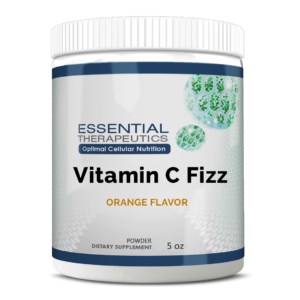 Can vitamin C prevent the common cold? Maybe not. But some studies suggest it can shorten the duration of symptoms. This vitamin, found in many fruits and vegetables, has other benefits, too. It boosts the growth of bone and tissue. As an antioxidant, it might also help protect cells from damage. It also increases the adrenal glands ability to release cortisol, a hormone that helps boost mental and physical energy, and resistance to stress.
Can vitamin C prevent the common cold? Maybe not. But some studies suggest it can shorten the duration of symptoms. This vitamin, found in many fruits and vegetables, has other benefits, too. It boosts the growth of bone and tissue. As an antioxidant, it might also help protect cells from damage. It also increases the adrenal glands ability to release cortisol, a hormone that helps boost mental and physical energy, and resistance to stress.
Fiber: Bulk Up
Fiber — in cereal grains, oats, beans, veggies, and fruits — has loads of health benefits. It helps lower cholesterol and improve bowel regularity. Fiber might even lower the risk of heart disease, diabetes, and some cancers. It’s great for people trying to lose a few pounds, too: High-fiber foods are often filling and low-calorie.
Sharon Plank, MD, an integrative medicine physician with the University of Pittsburgh Medical School Center for Integrative Medicine. We also spoke with Alon Avidan, MD, a sleep researcher and professor of neurology at UCLA School of Medicine.
Unfortunately, dieting alone can’t provide enough essential vitamins and minerals to promote optimal health. For Instance, you would need to consume 5,000 calories per day (mostly fat) in order to get the recommend minimum (400 IU) of vitamin E, and 12,000 calories per day to get the minimum amount of chromium.
Make sure you and your family aren’t missing out on the health benefits of these key nutrients-take a good optimal daily allowance multivitamin every day.
Some tips for a good night’s sleep:
- Keep noise and light to a minimum. Use earplugs, window blinds, heavy curtains, or an eye mask. Small night-lights in your bedroom and bathroom are a good idea.
- Avoid large meals two hours before bedtime. A light snack is fine.
- Don’t drink caffeine (including tea and soft drinks) four to six hours before bedtime.
- Regular exercise like walking will reduce stress hormones and help you sleep better. But don’t exercise within two hours of bedtime. You may have more difficulty falling asleep.
- Don’t nap late in the afternoon.
- Stop working on any task an hour before bedtime to calm your brain.
- Don’t discuss emotional issues right before bedtime.
- Keep pets outside your sleeping area if you can.
- Make sure your bedroom is well ventilated and at a comfortable temperature.
- Learn a relaxation technique like meditation or progressive relaxation.
Help for a Good Night’s Sleep – Chamomile Tea for Sleep
 For thousands of years, people have used chamomile tea medicinally. The tea and essential oil have been used for their calming effects and for insomnia relief. One Japanese study of sleep-disturbed rats found that chamomile extract helped the rats drift off to sleep more quickly — just as quickly as rats that got a dose of benzodiazepine (a tranquilizing medication). Better research of chamomile is needed, experts agree. The FDA considers chamomile to be safe with usually no side effects. Brew it the tea using two or three teabags. Then put a lid on the pot to keep oils in the water – this ensures you get the medicinal effects of the tea.
For thousands of years, people have used chamomile tea medicinally. The tea and essential oil have been used for their calming effects and for insomnia relief. One Japanese study of sleep-disturbed rats found that chamomile extract helped the rats drift off to sleep more quickly — just as quickly as rats that got a dose of benzodiazepine (a tranquilizing medication). Better research of chamomile is needed, experts agree. The FDA considers chamomile to be safe with usually no side effects. Brew it the tea using two or three teabags. Then put a lid on the pot to keep oils in the water – this ensures you get the medicinal effects of the tea.
A few cautions: If you have an allergy to ragweed, don’t use chamomile. Also, don’t take chamomile tea if you are pregnant as chamomile may act as a uterine stimulant. In addition, chamomile may increase the risk of bleeding so people on blood thinners should exercise caution
Melatonin for Sleep
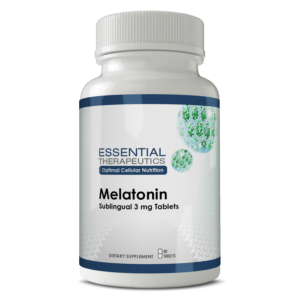 Melatonin is a natural hormone that helps regulate the sleep-wake cycle (circadian cycles). Numerous studies have shown that melatonin helps with insomnia — whether the trouble is falling asleep or staying asleep. Studies also show that melatonin enhances the quality of sleep, helping people sleep longer.
Melatonin is a natural hormone that helps regulate the sleep-wake cycle (circadian cycles). Numerous studies have shown that melatonin helps with insomnia — whether the trouble is falling asleep or staying asleep. Studies also show that melatonin enhances the quality of sleep, helping people sleep longer.
“Melatonin comes in two forms — extended release and immediate release,” says Plank. “If you tend to wake up in the middle of the night, you may want to take extended release before you go to bed. If you have trouble falling asleep, try immediate release.”
Save 15% on Melatonin use this code: NL47SALE
Valerian for Sleep
For more than 2,000 years, valerian root has been used as a sedative and anti-anxiety treatment. While it is not a pleasant-smelling herb, valerian can be taken in capsules. A review of 16 studies showed evidence suggesting that valerian may help sleep come more quickly — and that it improves the quality of sleep. Valerian becomes more effective over time, so taking it nightly works best, rather than taking valerian only on random rough nights.
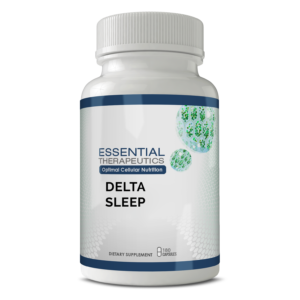 Delta Sleep is my go to, all natural, over the counter sleep supplement. It contains natural amino acids, GABA and L-theanine, and calming herbals, Ashwaganda, valerian root, and passion flower. Delta Sleep works quickly to relax your mind and help you fall asleep or be able to go back to sleep. I recommend taking 2-4 capsules before bed to help calm your mind and body. It can be combined with 5HTP, Melatonin and sleep drugs if needed. For those who have trouble staying asleep, take 2-4 capsules to help fall back asleep. It typically helps you fall back to sleep in 5-10 minutes. It won’t make you feel dopey, hung over, or sleepy, if taken during the night, even if you need to wake up in 2-3 hours.
Delta Sleep is my go to, all natural, over the counter sleep supplement. It contains natural amino acids, GABA and L-theanine, and calming herbals, Ashwaganda, valerian root, and passion flower. Delta Sleep works quickly to relax your mind and help you fall asleep or be able to go back to sleep. I recommend taking 2-4 capsules before bed to help calm your mind and body. It can be combined with 5HTP, Melatonin and sleep drugs if needed. For those who have trouble staying asleep, take 2-4 capsules to help fall back asleep. It typically helps you fall back to sleep in 5-10 minutes. It won’t make you feel dopey, hung over, or sleepy, if taken during the night, even if you need to wake up in 2-3 hours.
SAVE 15% on Delta Sleep, use this code: NL47SALE



